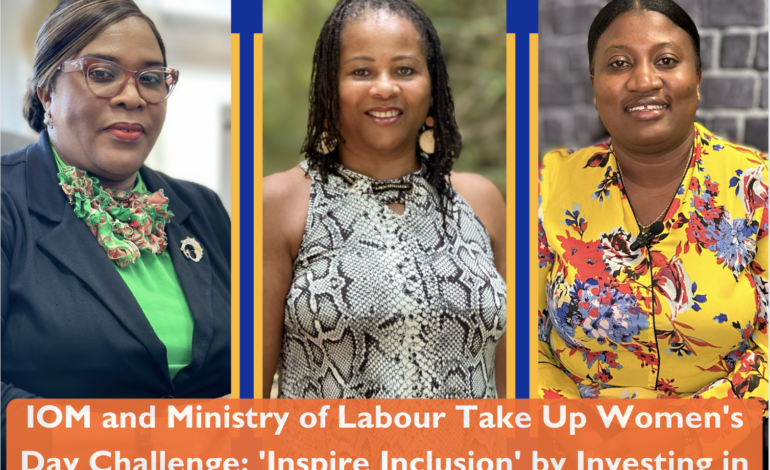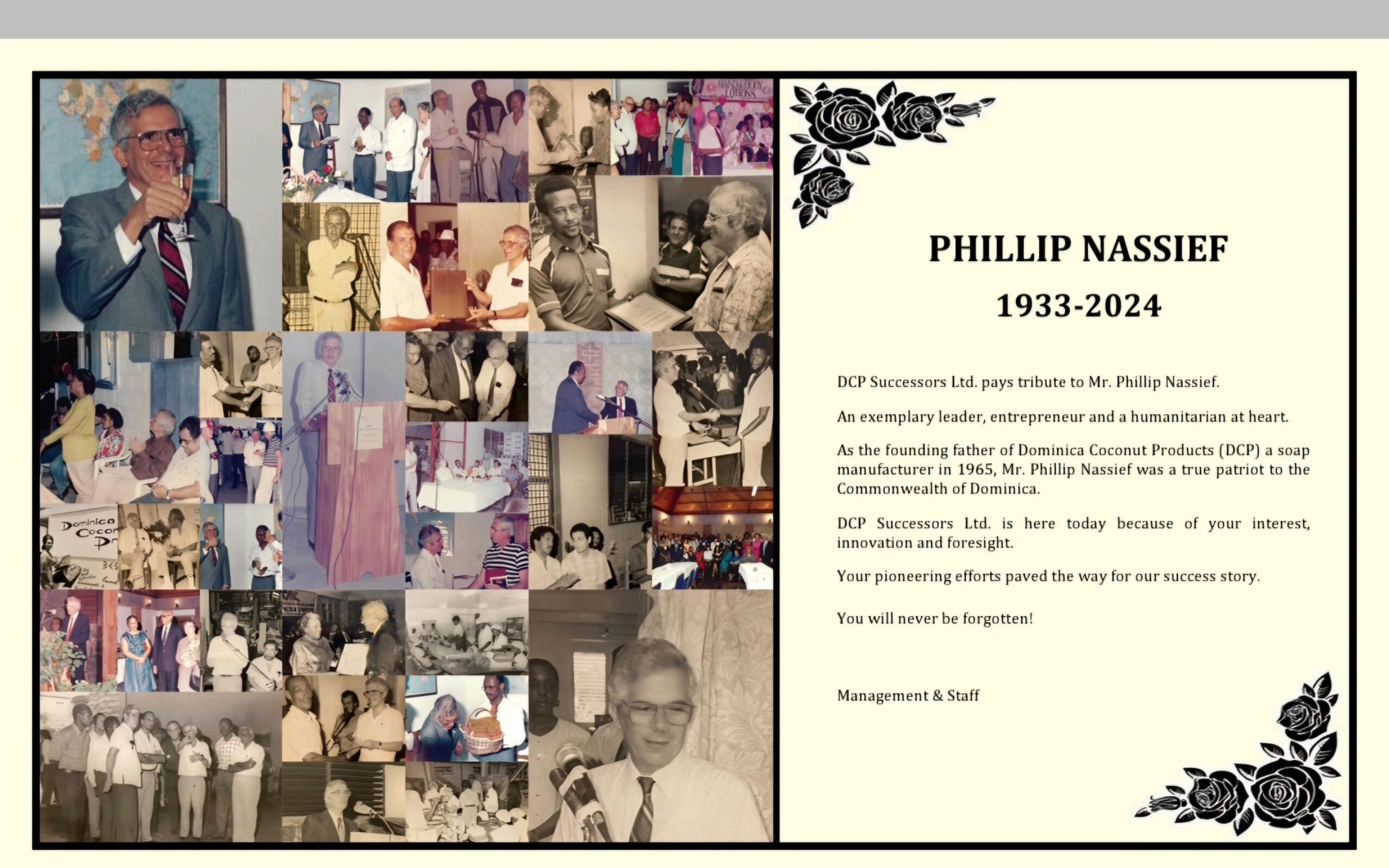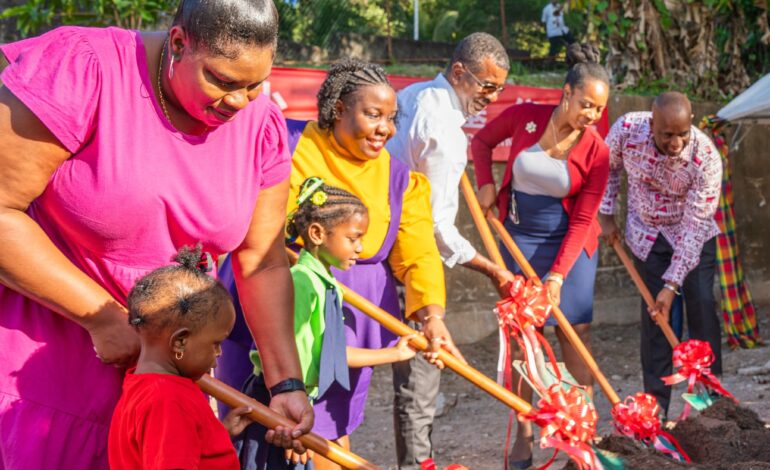
With efforts in play to shore up economic growth and development in Dominica, this International Women’s Day, a spotlight is being shone on the role women, in particular, play in boosting the local economy.
Around the world, UN Women has, through its theme for International Women’s Day 2024, issued a challenge to forge a better world by inspiring others to understand and value women’s inclusion.
Here in Dominica, the International Organization of Migration, in partnership with the Ministry of Labour, Public Service Reform, Social Partnerships, Entrepreneurship and Small Business Development, is seeking to do so by investing in women to accelerate progress for gender equality and safe migration.
“Safe migration for me is where persons can move in and out of a country legally, without limitations,” said Natasha Greaves, Head of Office for IOM, Dominica. “Steps countries can take to achieve this include having policies and operating procedures, clearly and openly communicating the requirements when entering into the country, and the removal of stereotyping and any form of discrimination or xenophobia.”
Greaves stated that women on the move face greater challenges, such as exploitation and abuse, when compared to men, and as a result we need to advocate for policy makers to ensure the policies they develop do not disadvantage the woman or girl who is on the move, but rather, encourages them.
Given its small population, migration is vital to Dominica’s economic development. By bridging the gap between a population that is ageing – migrant numbers enhance purchasing power and help to keep local businesses viable. Migrants also contribute significantly to the island’s services sector, to farming and to establishing micro, small and medium-sized (MSME) businesses.
Cognisant of the financial and technical challenges some MSMEs face, the Ministry of Labour is focused on extending a helping hand to aid the viability and sustainability of both migrant and native-owned businesses, particularly those owned by women.
“We understand the offering to women-led businesses is vital, especially migrant-women-led businesses, since some of the traditional opportunities for employment – whether it is employment within a sector, or self employment – have been predominantly male driven, as in the construction industry, or the agriculture sector, said Gloria Joseph – Permanent Secretary of the Ministry of Labour, Public Service Reform, Social Partnerships, Entrepreneurship and Small Business Development.
“And so, it is important for us to look at migrant women as a sub grouping that may require some sort of attention and hand-holding,” she said.
To this end, The Ministry is also working with the IOM to develop a small business development training portfolio that will be targeted at women entrepreneurs. Several migrant women operate in the areas identified for training.
Native and migrant women in Dominica are also currently benefiting from a slate of training interventions that include marketing, social media, financial and human resource management and management in general. Assistance is also being provided with developing business proposals, brochures, business plans and business cards. And loan facilities are available through the government at concessional rates to small businesses in every sector.
It is exactly this type of support that migrant entrepreneur Sonia Nestor, co-owner of Nestor’s Best Products, deems vital to ensuring other women can capitalise on the numerous business opportunities Dominica has to offer, and in so doing, help to boost the island’s economy and their respective communities.
Nestor, with her husband, migrated to Dominica from the UK in 2012 with dreams of living a simpler, nature-filled life. Although her husband was born in Dominica, he emigrated to the UK at the age of eight. So the return to Dominica was tantamount to a migrant experience for them both, she said.
The support they received from government organisations like the Bureau of Standards, was crucial to ushering their business through a successful decade which saw them stocked by at least 20 stores on the island and considering export possibilities.
“In addition to the assistance we got from persons in government, we were also very fortunate to connect with people already in business who shared lots of information and advised us in the early stages,” Nestor said. “And because of these contacts we were able to join various associations like the Manufacturing’ Association and the Dominica Spa, Health & Wellness Association, which provided great networking opportunities. So I think it’s useful to get involved in local groups and associations where you can meet others.”
With efforts underway to measure the impact migrant women have on Dominica’s economy, Greaves, who is also a migrant, says if it’s done right, and with appropriate measures taken to foster inclusion, policy-driven migration can certainly play a role in ensuring Dominica maintains a trajectory of growth that is sustainable and beneficial for all.









